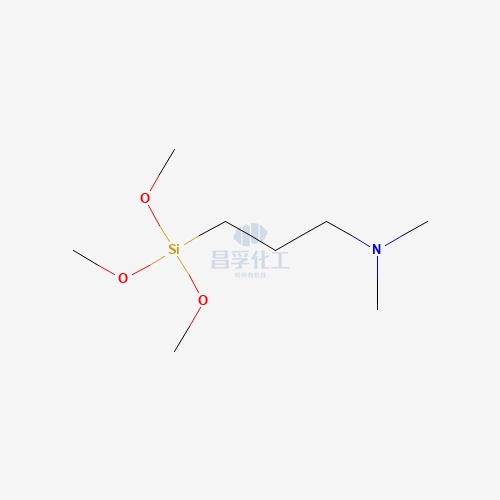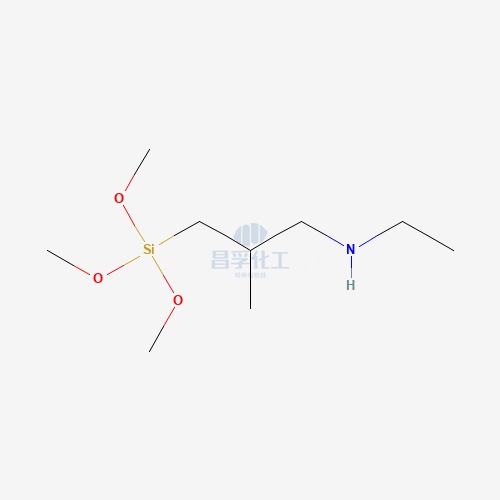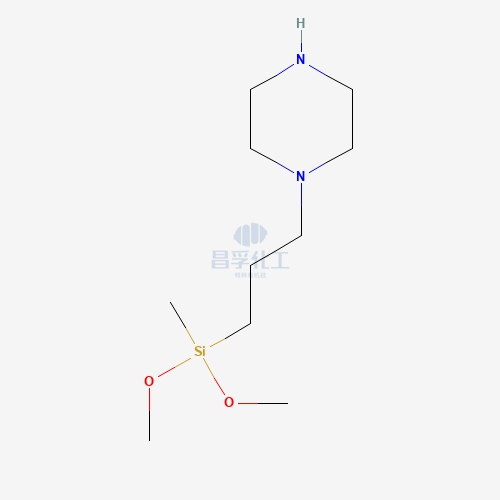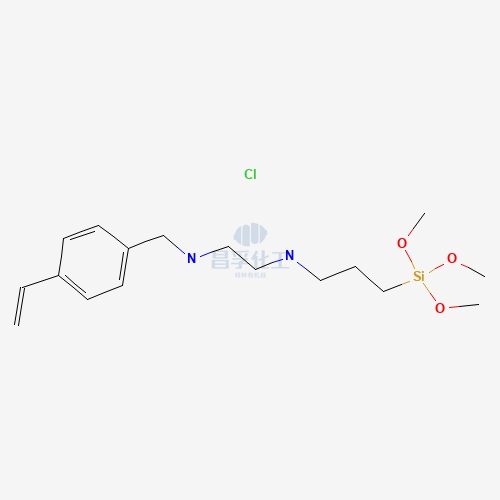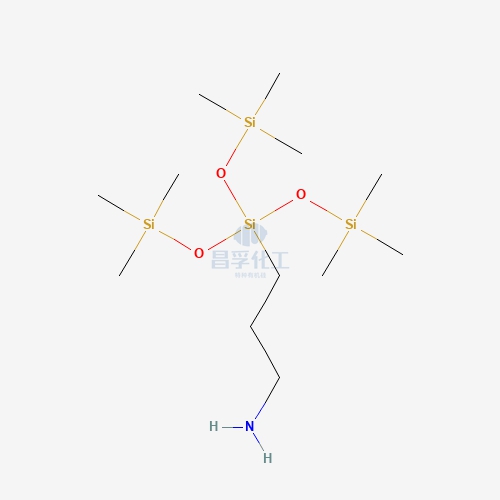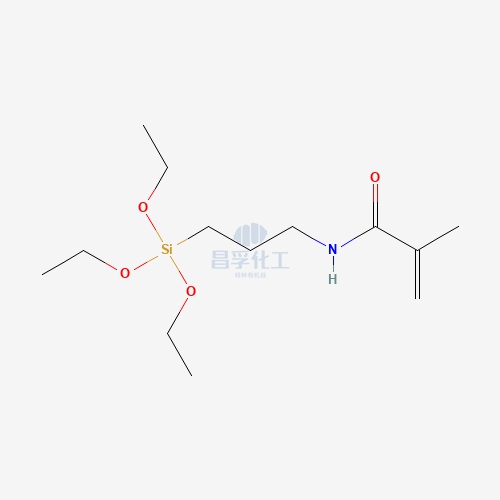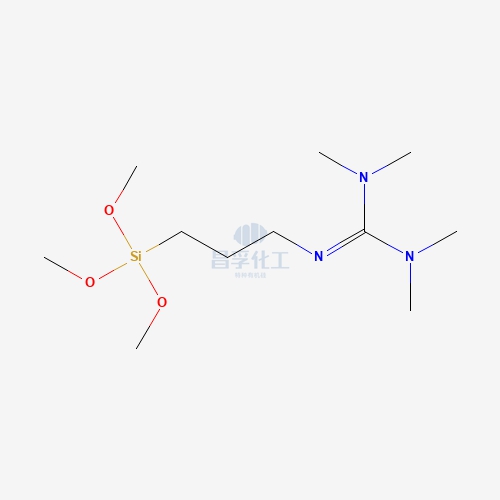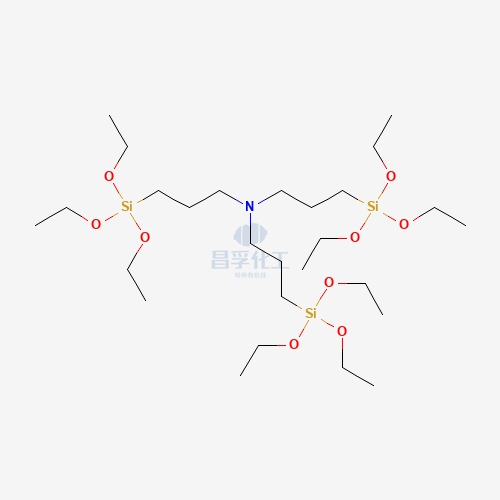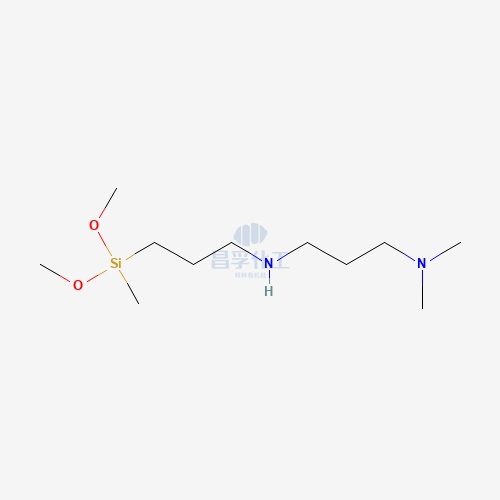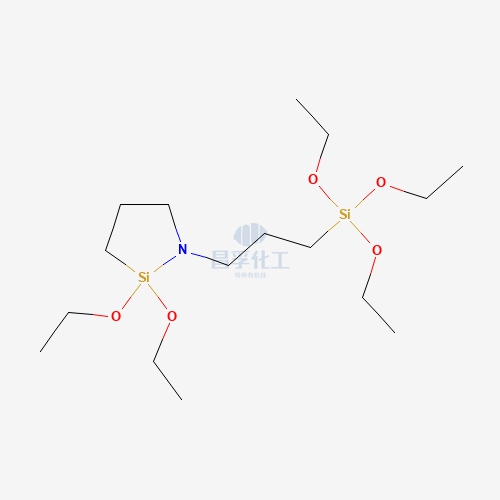
Contact Changfu Chemical Now!
+86 27 8439 6550 | +86 181 6277 0058
Dimethylphenylsilane: A Key Player in Silicone Chemistry
Introduction
Silicone chemistry is a fascinating field that has significantly impacted various industries, from automotive to personal care. At the heart of this chemistry lies a myriad of compounds that enhance the properties and functionalities of silicone products. One such compound is dimethylphenylsilane, a silane compound that has garnered attention for its unique characteristics and versatile applications. This blog will explore the significance of dimethylphenylsilane in silicone chemistry, detailing its properties, applications, and role in the development of advanced silicone materials.
Understanding Dimethylphenylsilane
Dimethylphenylsilane (DMP) is a silane compound characterized by its chemical structure, which features a silicon atom bonded to two methyl groups and one phenyl group. This structure imparts distinct chemical and physical properties that make it an invaluable component in various silicone formulations.
Chemical Formula and Structure
The chemical formula of dimethylphenylsilane can be expressed as C9H12OSi, illustrating its composition of carbon, hydrogen, oxygen, and silicon atoms. The presence of both methyl and phenyl groups in its structure contributes to its versatility and effectiveness in modifying silicone properties.
Properties of Dimethylphenylsilane
1. Reactivity: Dimethylphenylsilane is known for its reactivity with other silanes and organic compounds. This reactivity allows it to be easily incorporated into silicone polymers, facilitating the creation of tailored materials with specific properties.
2. Thermal Stability: One of the key advantages of dimethylphenylsilane is its thermal stability. Silicone materials formulated with DMP can withstand higher temperatures without significant degradation, making them suitable for applications in extreme environments.
3. Low Surface Energy: The phenyl group in dimethylphenylsilane contributes to lower surface energy, which can enhance the hydrophobic properties of silicone products. This feature is particularly useful in applications where water resistance is crucial.
4. Adhesion Properties: Dimethylphenylsilane can improve the adhesion characteristics of silicone materials, making them suitable for bonding to various substrates in industrial applications.

Applications of Dimethylphenylsilane in Silicone Chemistry
The unique properties of dimethylphenylsilane have led to its incorporation in a variety of applications across different industries. Below, we delve into some of the most prominent uses of DMP in silicone chemistry.
1. Silicone Sealants and Adhesives
Dimethylphenylsilane is widely used in the formulation of silicone sealants and adhesives. Its ability to enhance adhesion and provide thermal stability makes it an ideal candidate for applications in construction and automotive industries. Sealants containing DMP exhibit improved performance under temperature fluctuations and moisture exposure, ensuring longevity and reliability.
2. Coatings and Finishes
In the realm of coatings, dimethylphenylsilane plays a crucial role in producing durable and hydrophobic surfaces. By modifying the surface characteristics of silicone coatings, DMP contributes to water repellency and stain resistance. These properties are particularly valuable in automotive finishes and industrial coatings, where surface protection is essential.
3. Silicone Rubber Compounds
Dimethylphenylsilane is also employed in the formulation of silicone rubber compounds. Its incorporation enhances the mechanical properties of rubber, such as tensile strength and elasticity, while maintaining flexibility. This versatility allows for the production of silicone rubbers used in diverse applications, from medical devices to automotive components.
4. Encapsulation and Potting Compounds
The encapsulation of electronic components and the use of potting compounds are critical in protecting sensitive devices from environmental factors. Dimethylphenylsilane’s low viscosity and excellent adhesion properties make it an effective choice for formulating potting compounds that provide reliable insulation and protection.
5. Personal Care Products
In the personal care industry, dimethylphenylsilane is utilized in silicone-based formulations such as hair care products, skincare creams, and cosmetics. Its ability to provide a smooth feel and enhance the sensory experience makes it a popular choice among formulators seeking to improve product performance.
The Role of Dimethylphenylsilane in Silicone Synthesis
Dimethylphenylsilane plays a pivotal role in silicone synthesis, particularly in the production of silicone polymers through various polymerization methods. Understanding the synthesis processes in which DMP is involved can provide insights into its significance in the field.
1. Hydrosilylation Reactions
One of the most common methods for synthesizing silicone polymers is through hydrosilylation reactions, where silanes react with alkenes in the presence of a catalyst. Dimethylphenylsilane can participate in these reactions, leading to the formation of modified silicone polymers with enhanced properties. The versatility of DMP allows for the creation of silicone materials tailored to specific applications.
2. Copolymerization
Dimethylphenylsilane can also be utilized in copolymerization processes, where it is combined with other silane compounds to produce silicone copolymers. This technique enables formulators to achieve desired characteristics, such as improved mechanical strength or chemical resistance, by varying the ratios of DMP to other silanes in the formulation.
3. Cross-Linking Agents
In silicone elastomer production, dimethylphenylsilane can act as a cross-linking agent, facilitating the formation of three-dimensional networks within the silicone matrix. This cross-linking process enhances the overall performance of silicone elastomers, providing improved resilience and thermal stability.
Advantages of Using Dimethylphenylsilane
The incorporation of dimethylphenylsilane in silicone formulations offers several advantages that contribute to the development of high-performance materials.
1. Enhanced Performance
Silicone products formulated with dimethylphenylsilane exhibit superior performance characteristics compared to those without it. The enhanced adhesion, thermal stability, and low surface energy provided by DMP result in products that can withstand demanding conditions and deliver reliable performance.
2. Customization
Dimethylphenylsilane allows formulators to customize silicone products to meet specific requirements. By adjusting the concentration of DMP in formulations, manufacturers can tailor the physical and chemical properties of silicone materials for diverse applications.
3. Compatibility with Other Materials
DMP demonstrates excellent compatibility with various organic and inorganic materials, making it a versatile choice for formulations that require integration with other substances. This compatibility facilitates the development of hybrid materials that leverage the benefits of both silicone and non-silicone components.
Future Trends and Innovations
As industries continue to evolve, the demand for high-performance silicone materials will grow, driving innovations in silicone chemistry. Dimethylphenylsilane will likely play a central role in these developments.
1. Sustainable Solutions
The push for sustainability in manufacturing processes is prompting researchers to explore eco-friendly alternatives to traditional silicone formulations. Dimethylphenylsilane's potential for use in greener chemistry practices may pave the way for more sustainable silicone products that align with environmental goals.
2. Advanced Material Development
The future of silicone chemistry will likely see the development of advanced materials with enhanced properties. Dimethylphenylsilane can contribute to innovations in lightweight, high-strength materials, which are essential in aerospace, automotive, and renewable energy sectors.
3. Smart Materials
The integration of smart technologies into materials is a growing trend across industries. Dimethylphenylsilane may find applications in the development of silicone-based smart materials that respond to environmental stimuli, offering exciting possibilities for future innovations.
Conclusion
Dimethylphenylsilane stands out as a key player in silicone chemistry, thanks to its unique properties and diverse applications. From enhancing the performance of sealants and coatings to contributing to advanced material synthesis, DMP's versatility makes it an essential component in the formulation of high-quality silicone products. As the demand for innovative and sustainable solutions continues to grow, the role of dimethylphenylsilane in silicone chemistry will undoubtedly expand, paving the way for exciting advancements in this dynamic field.
In summary, the significance of dimethylphenylsilane in silicone chemistry cannot be overstated, and its contributions will continue to shape the future of silicone materials across various industries.
Popular Silicon Compounds
Popular Silicon Compounds
Related News & Blog
Related News & Blog
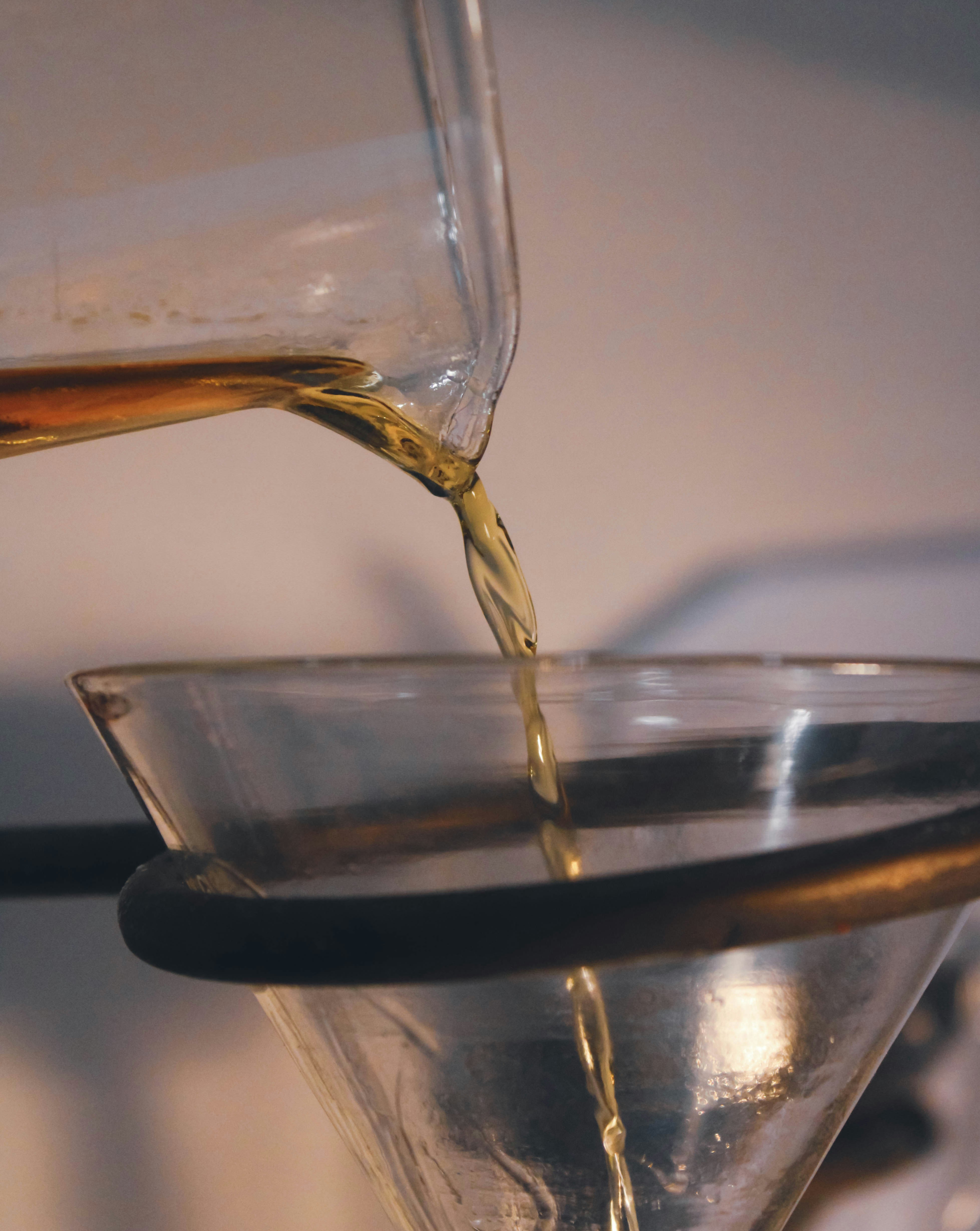

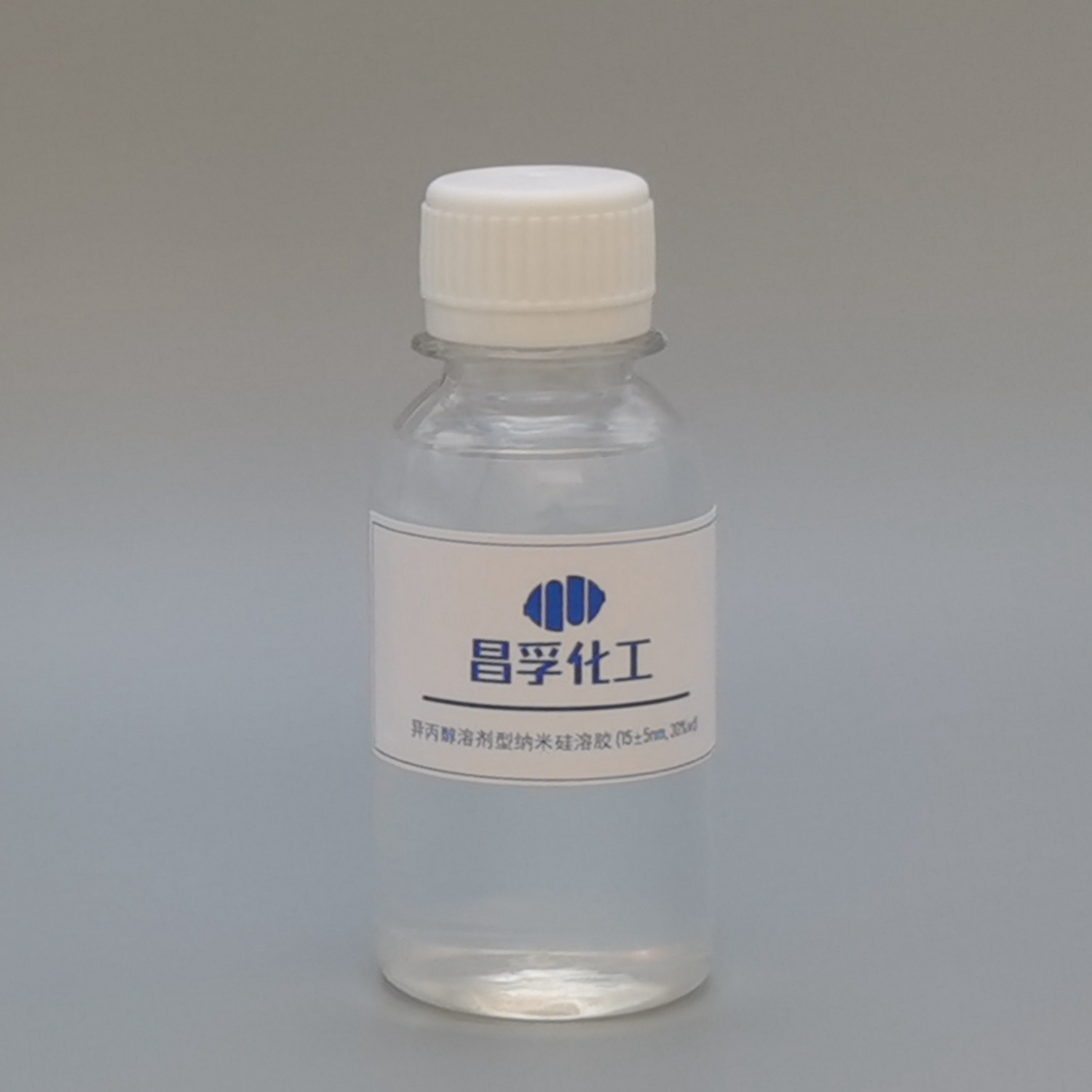
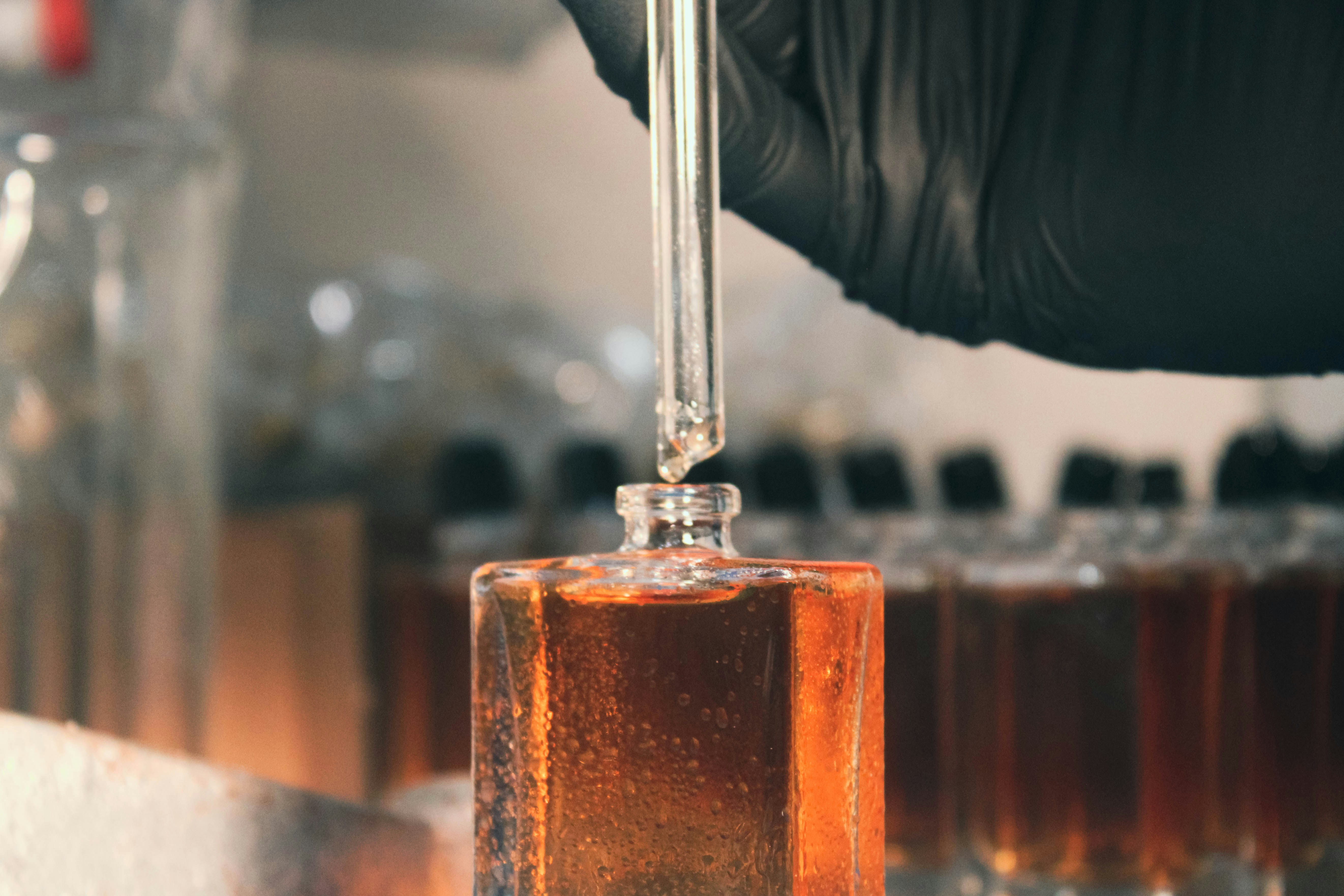




















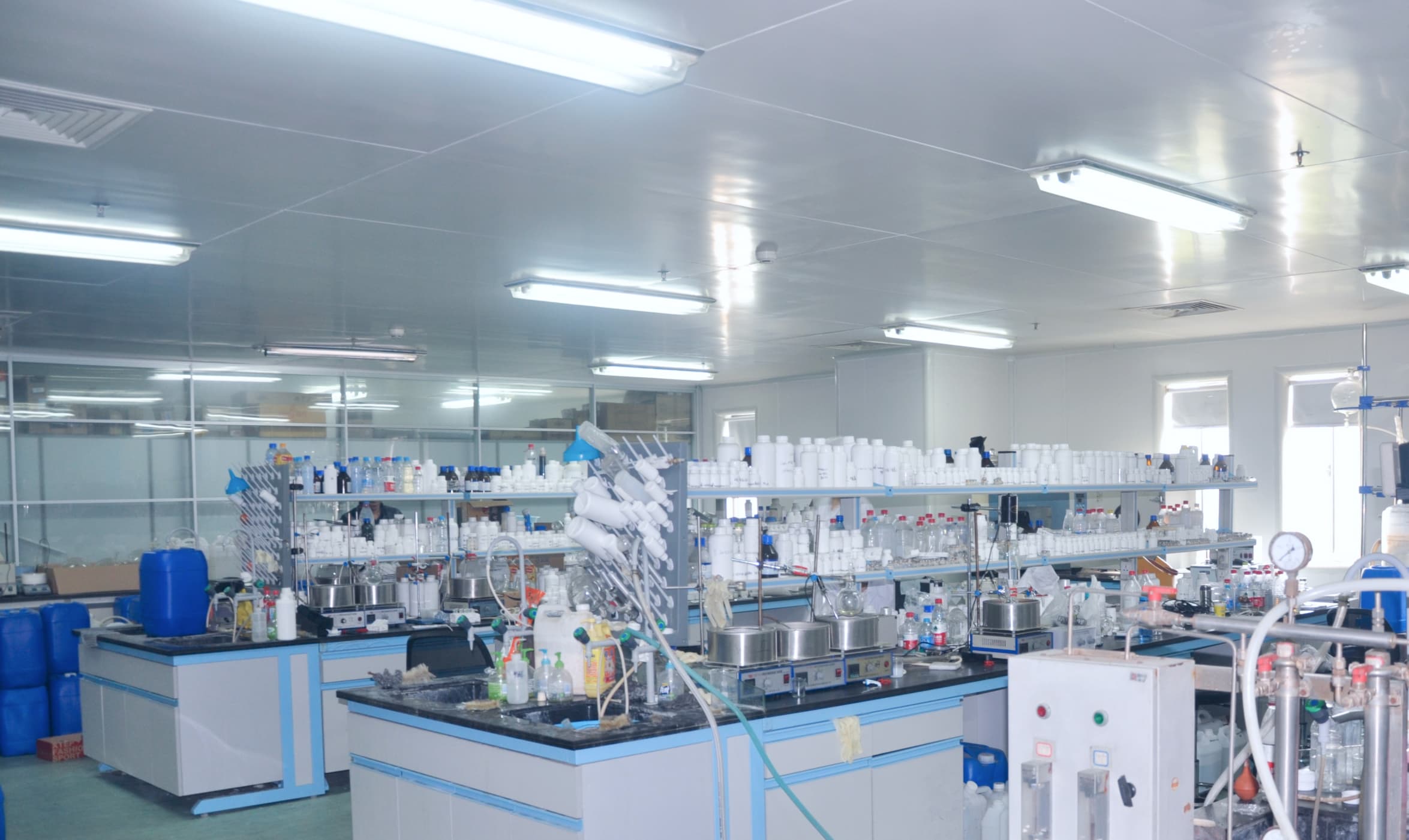


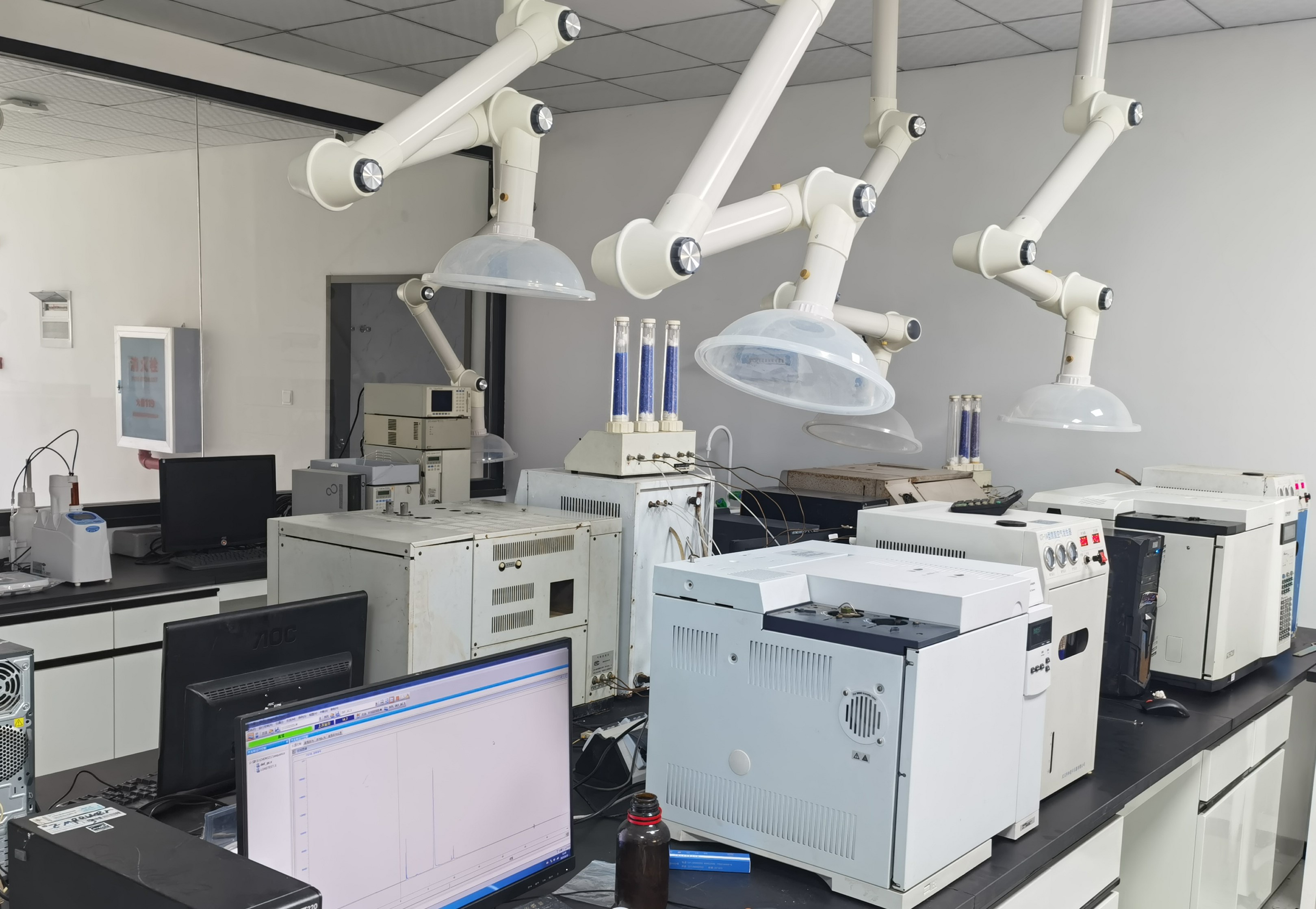

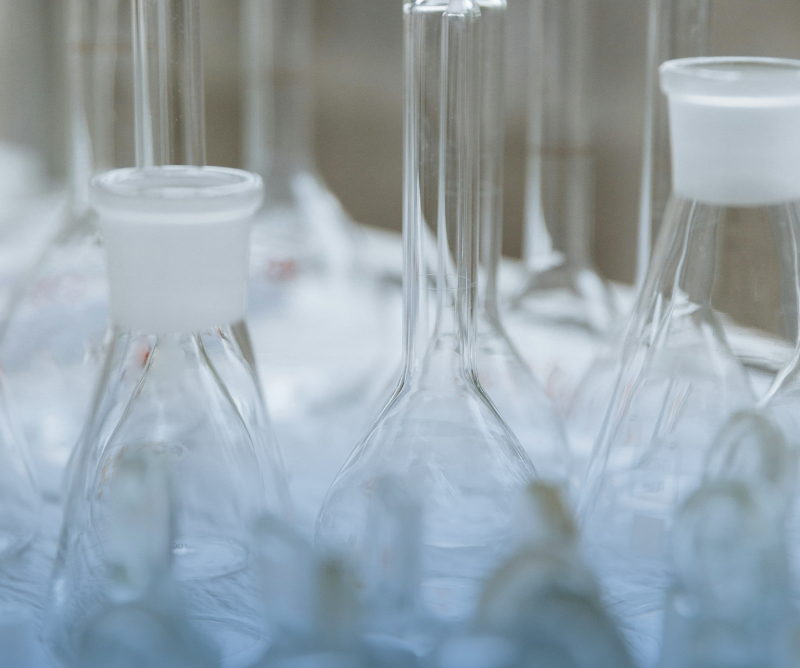

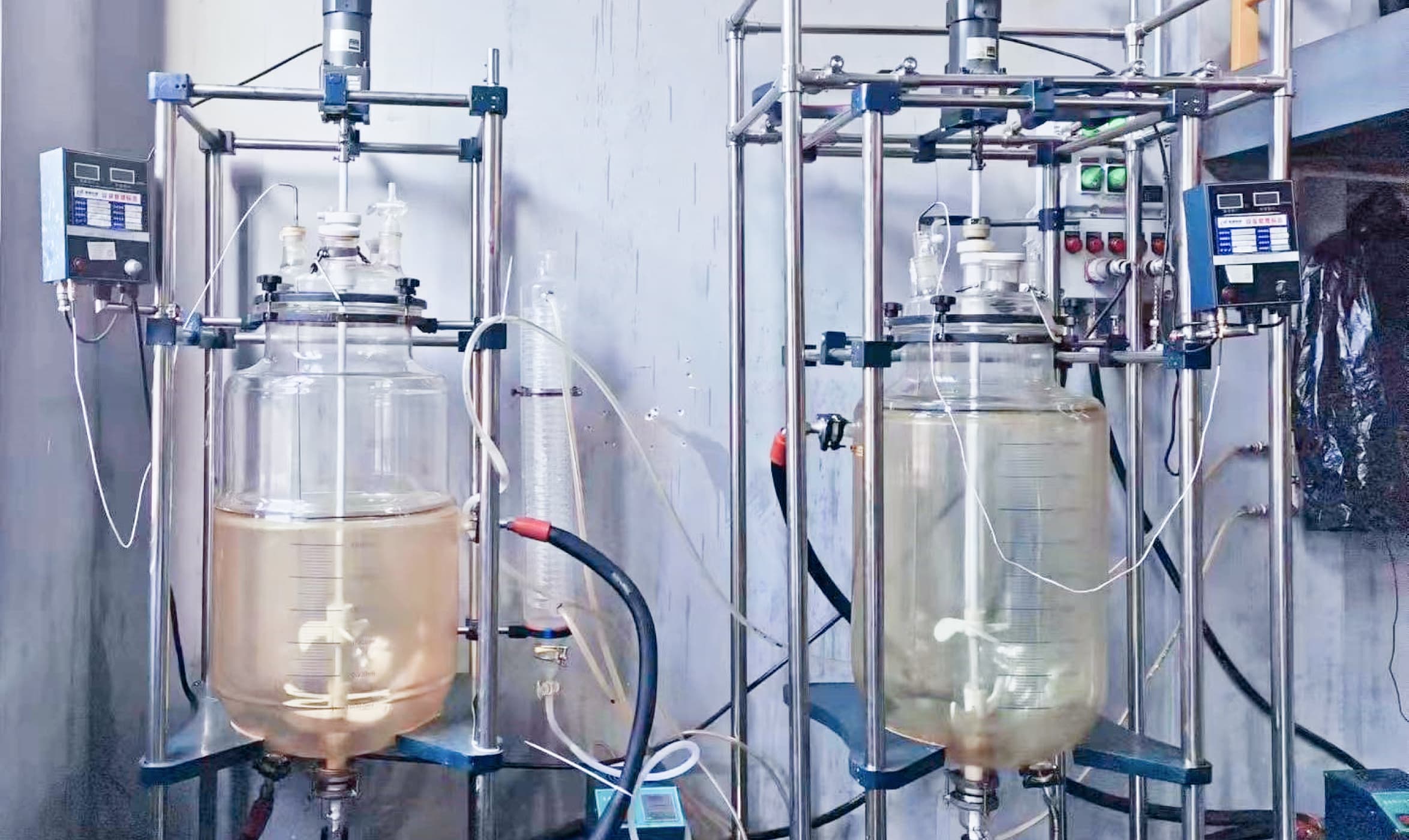



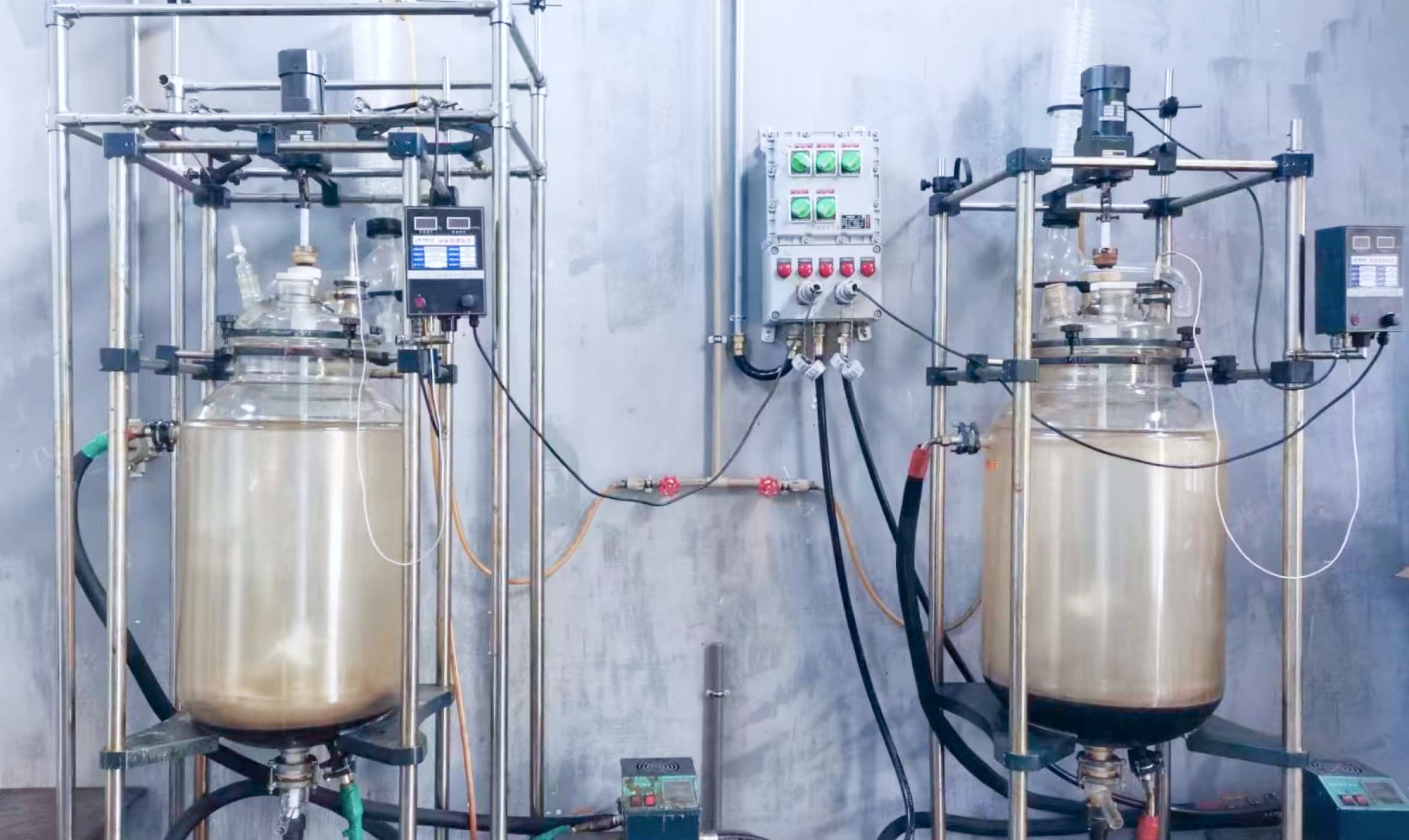
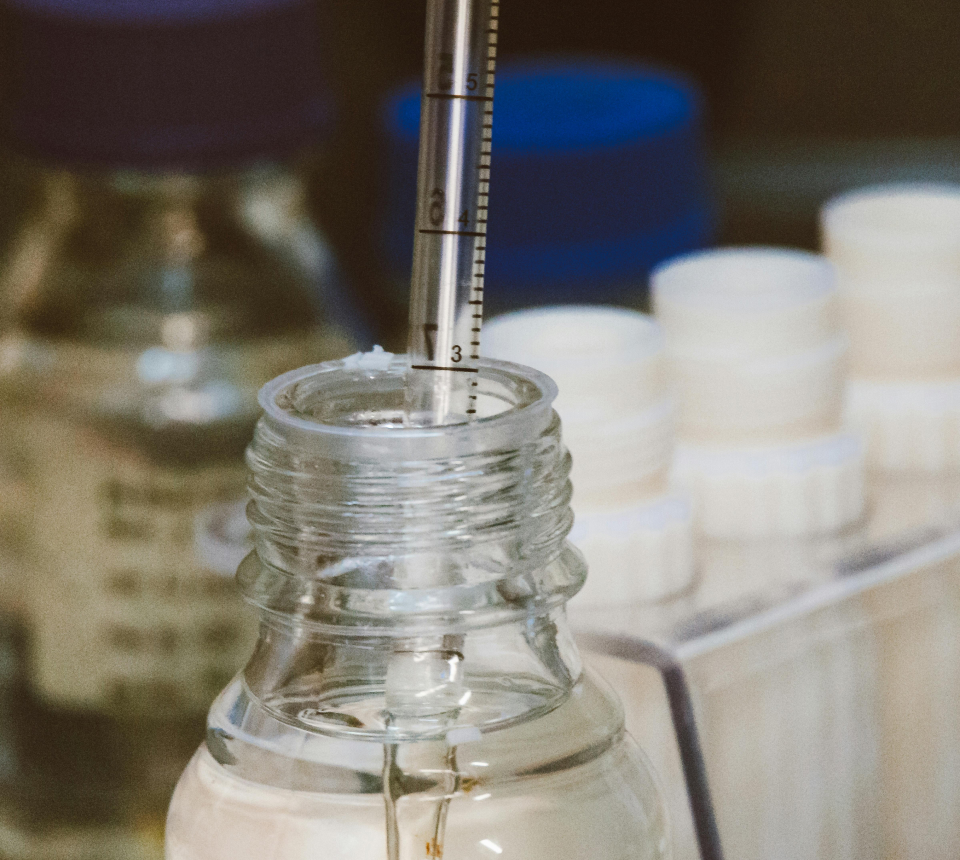





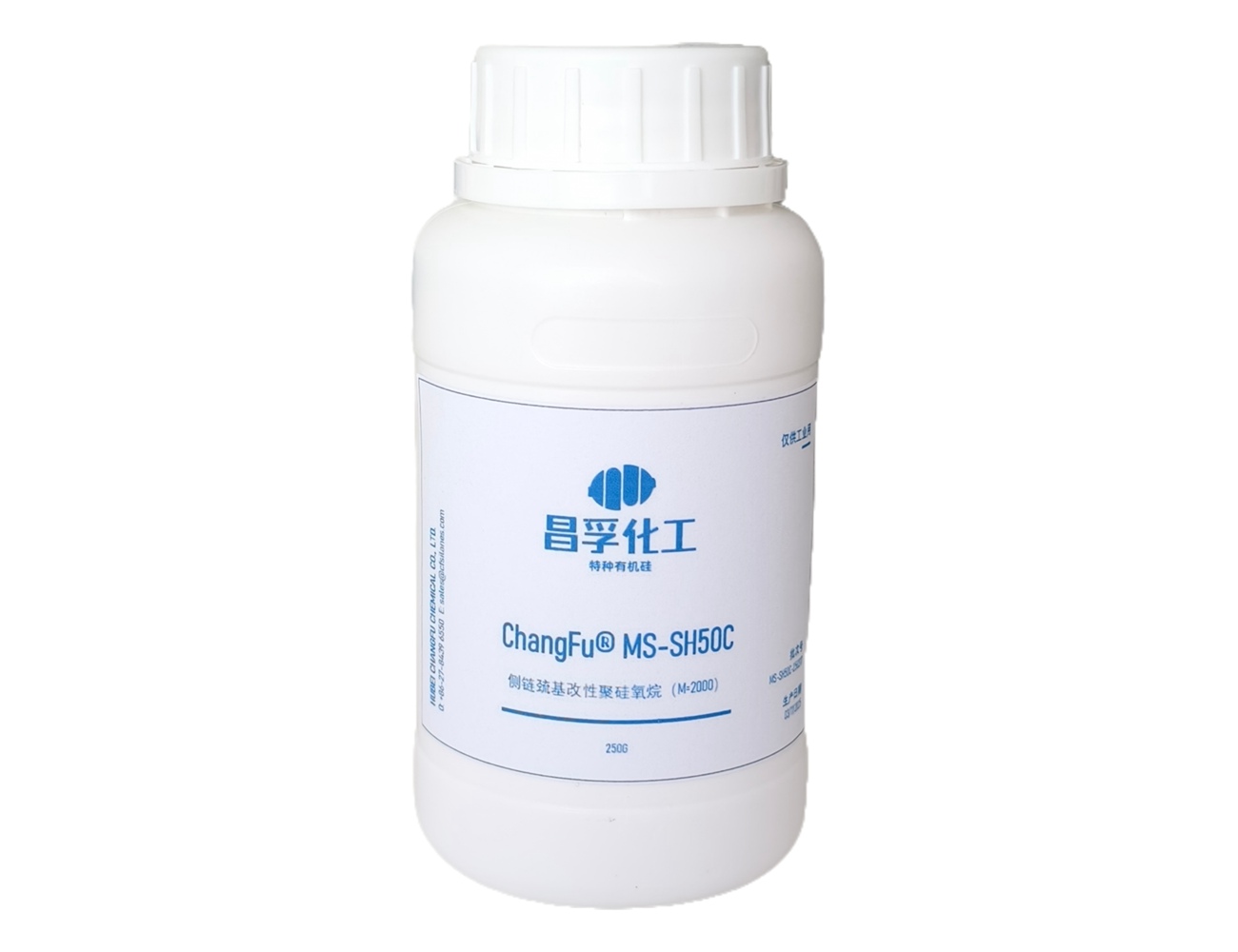



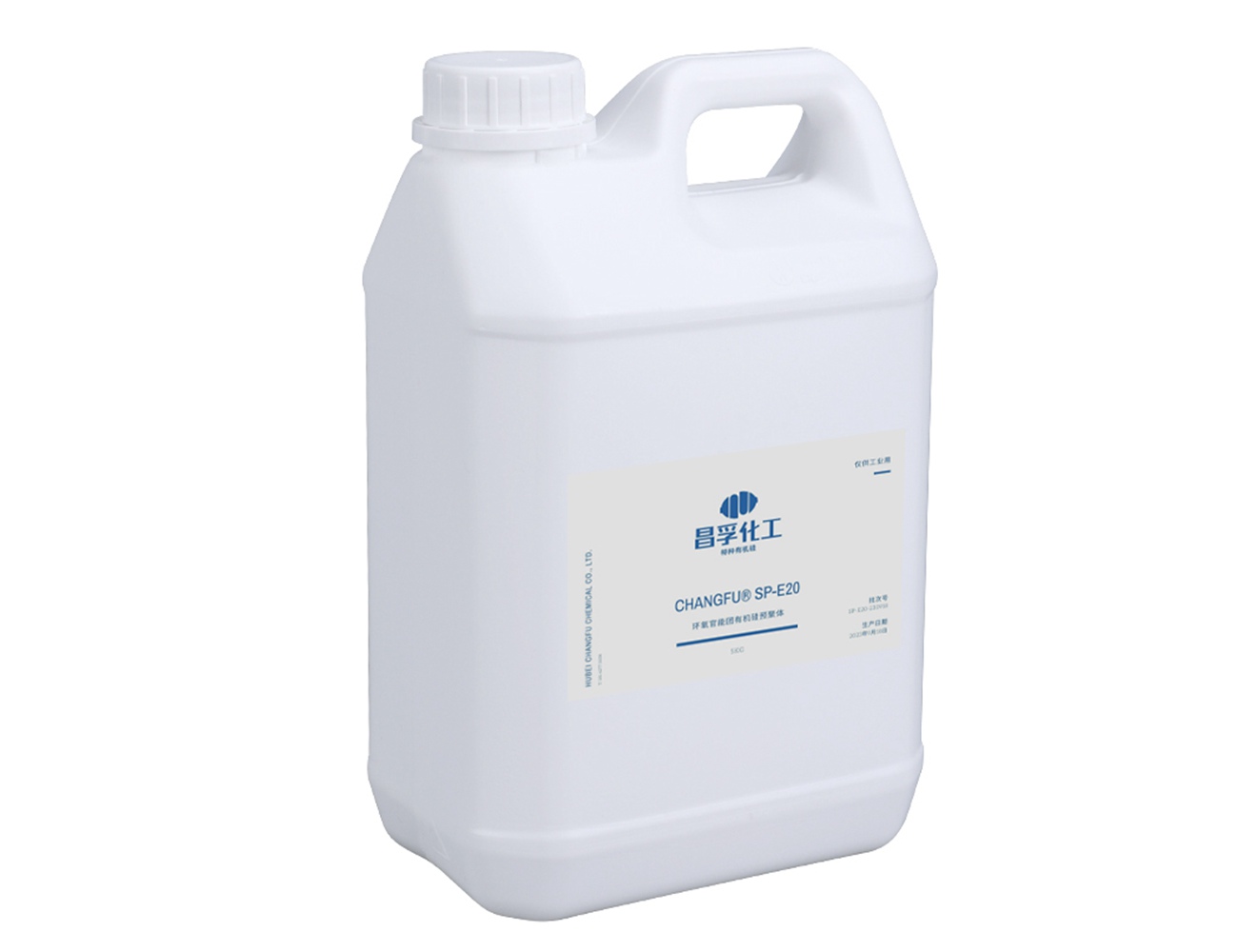
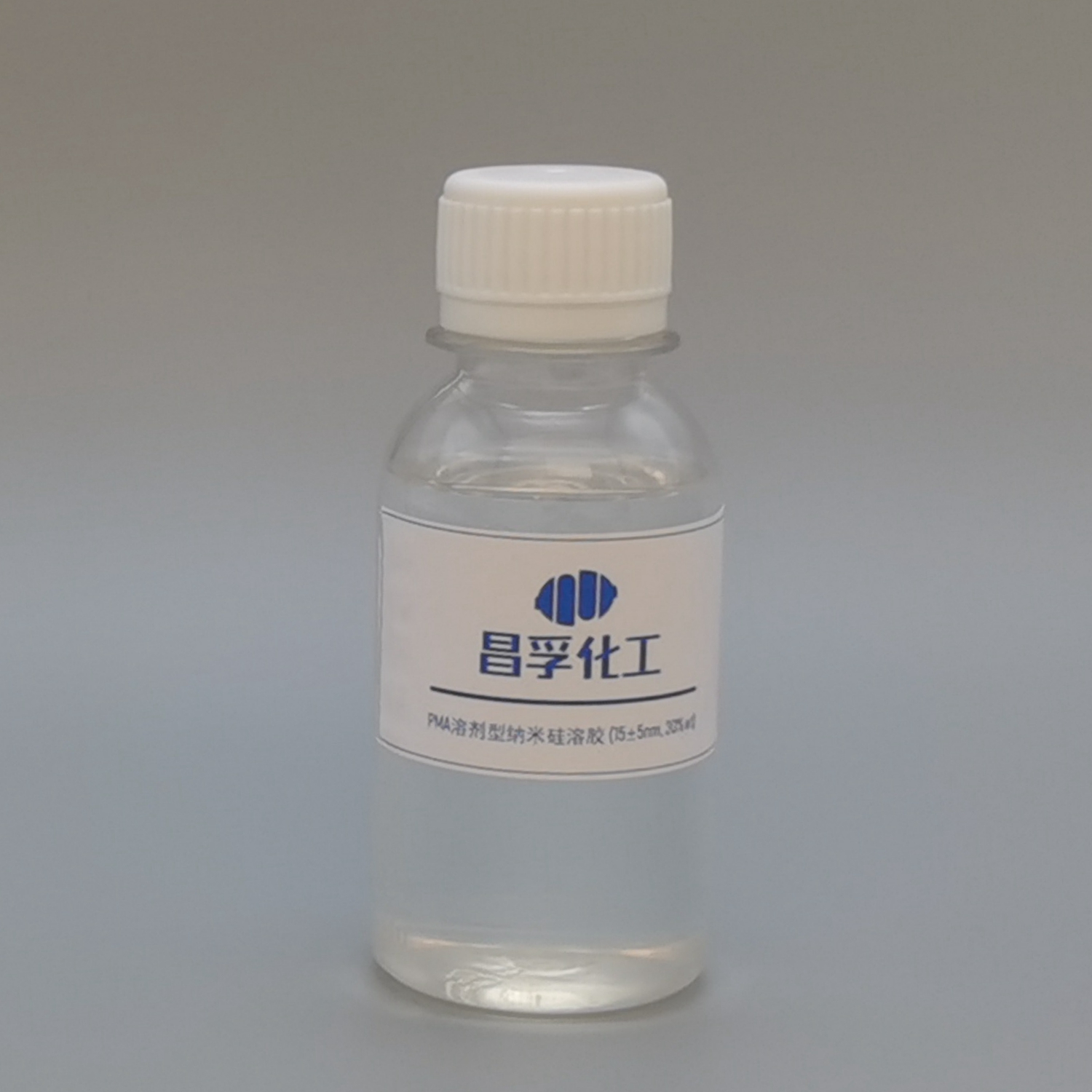
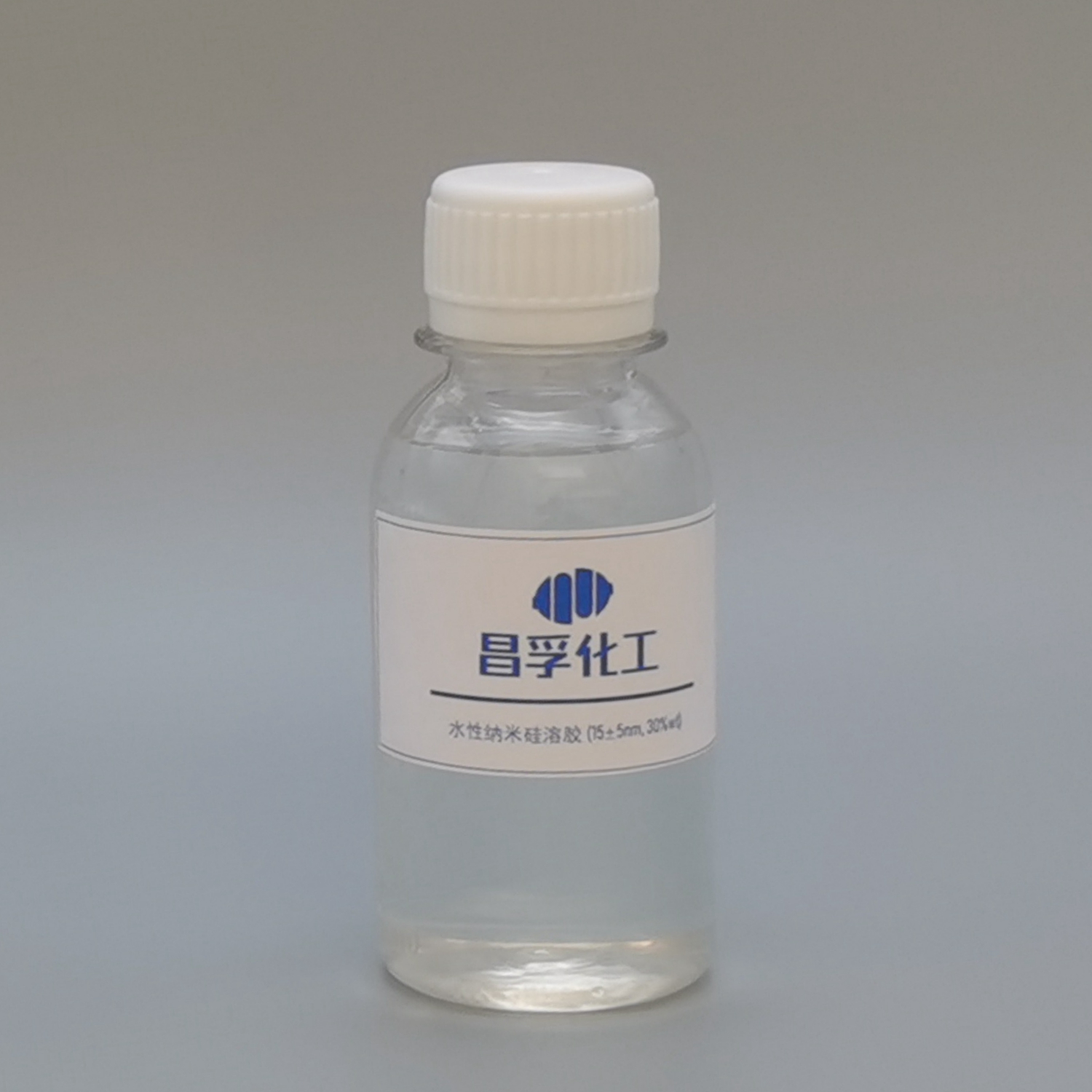

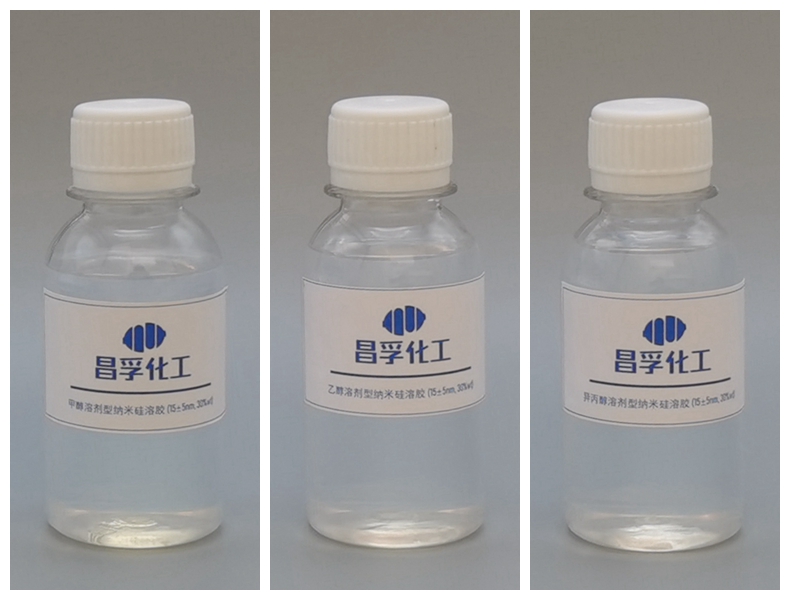
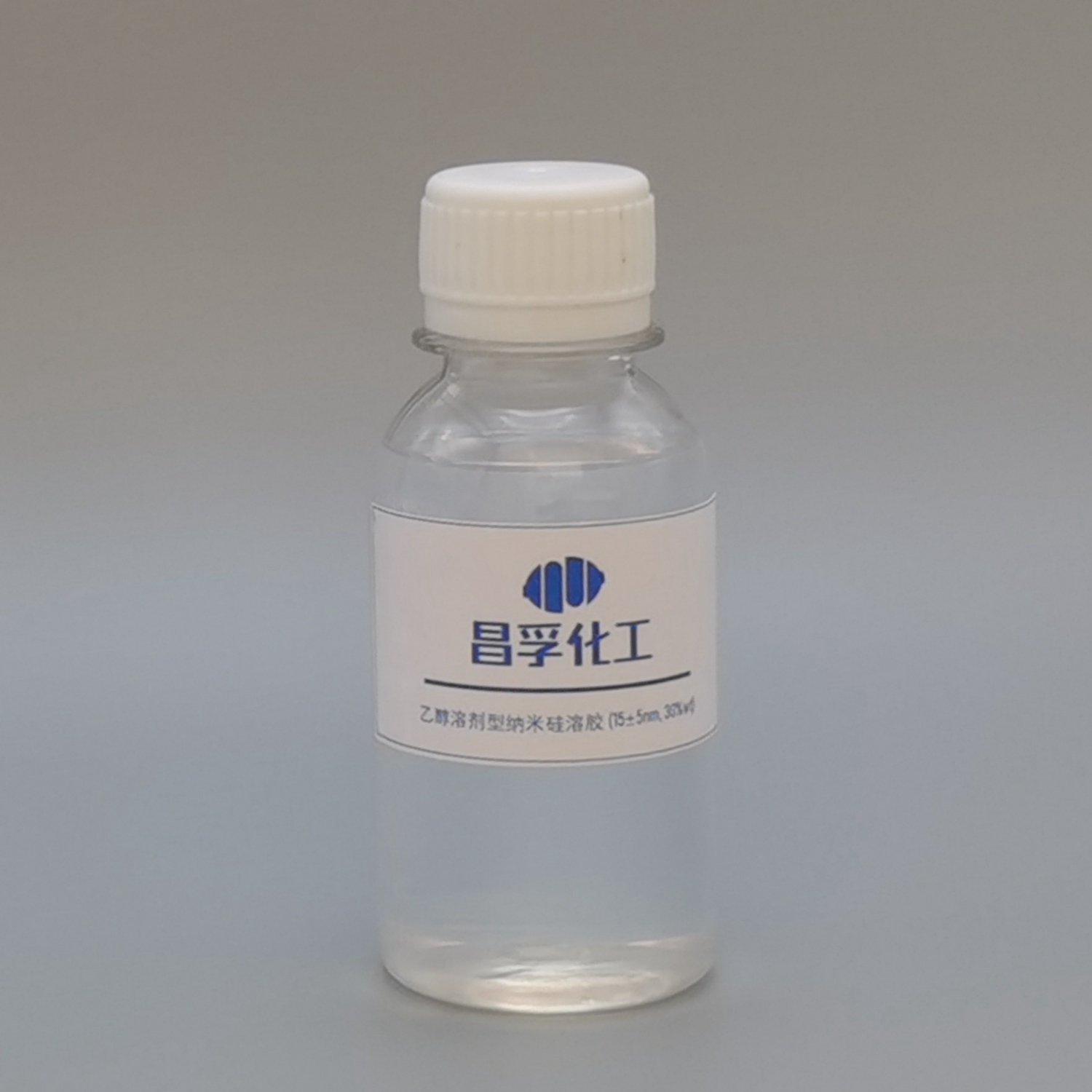
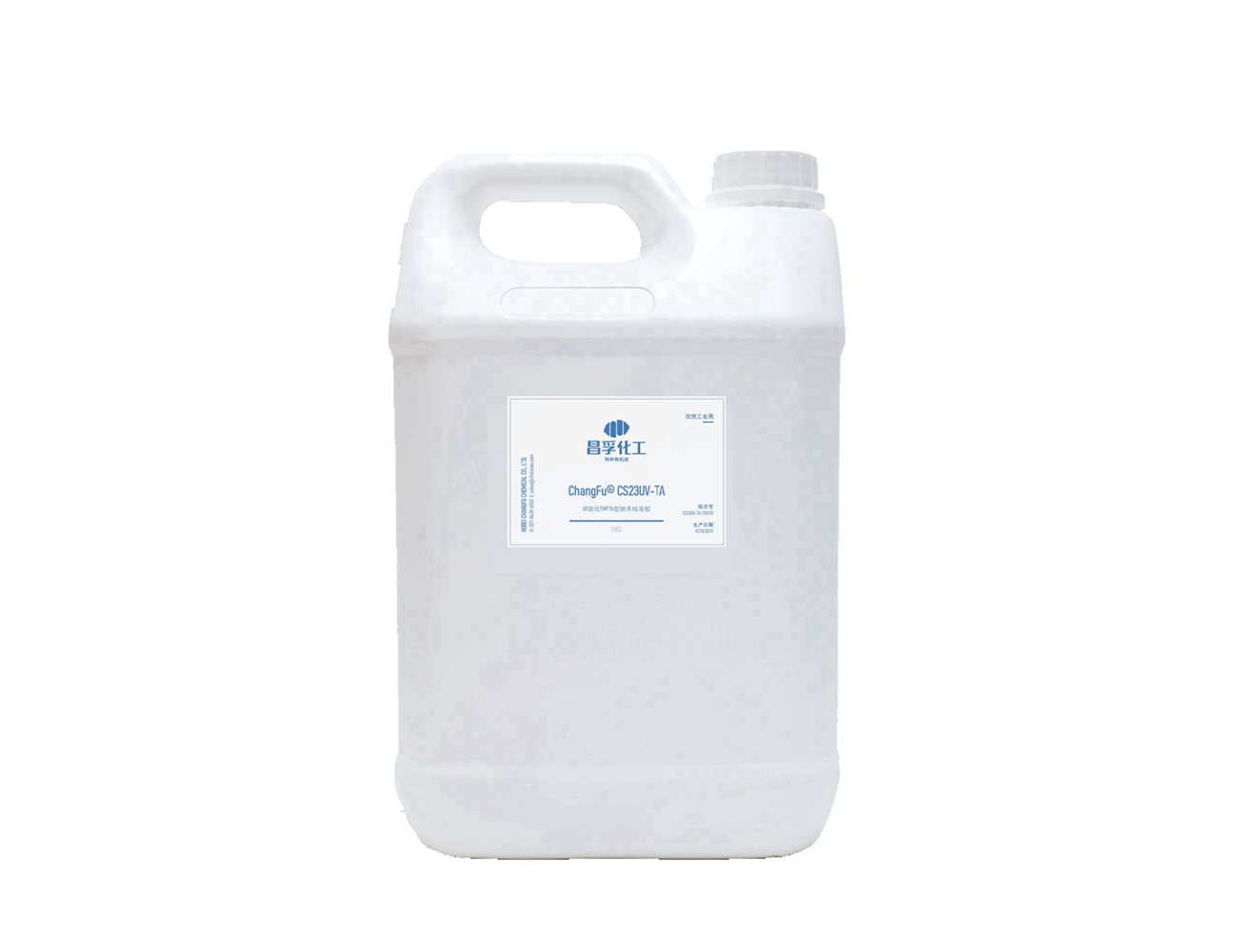
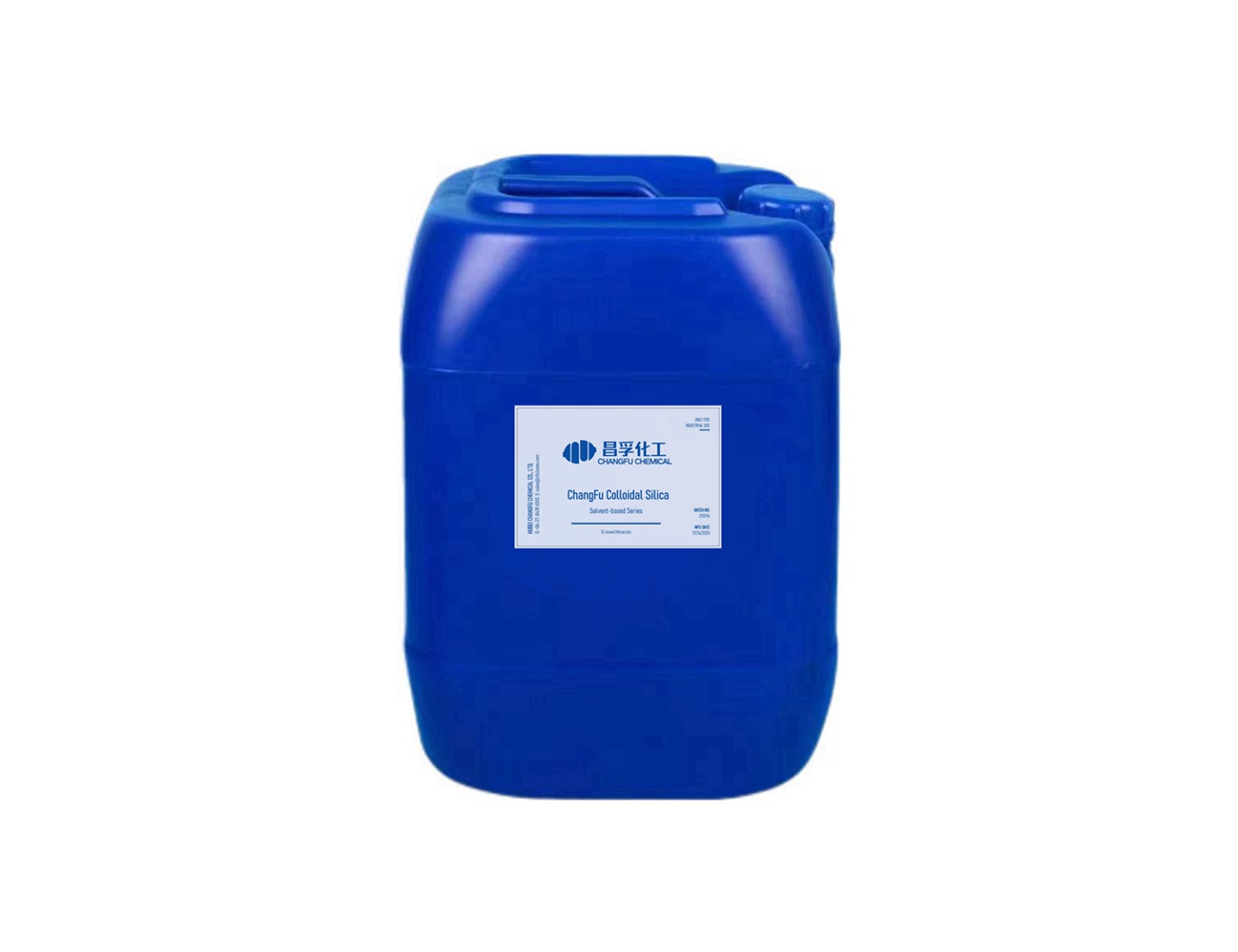


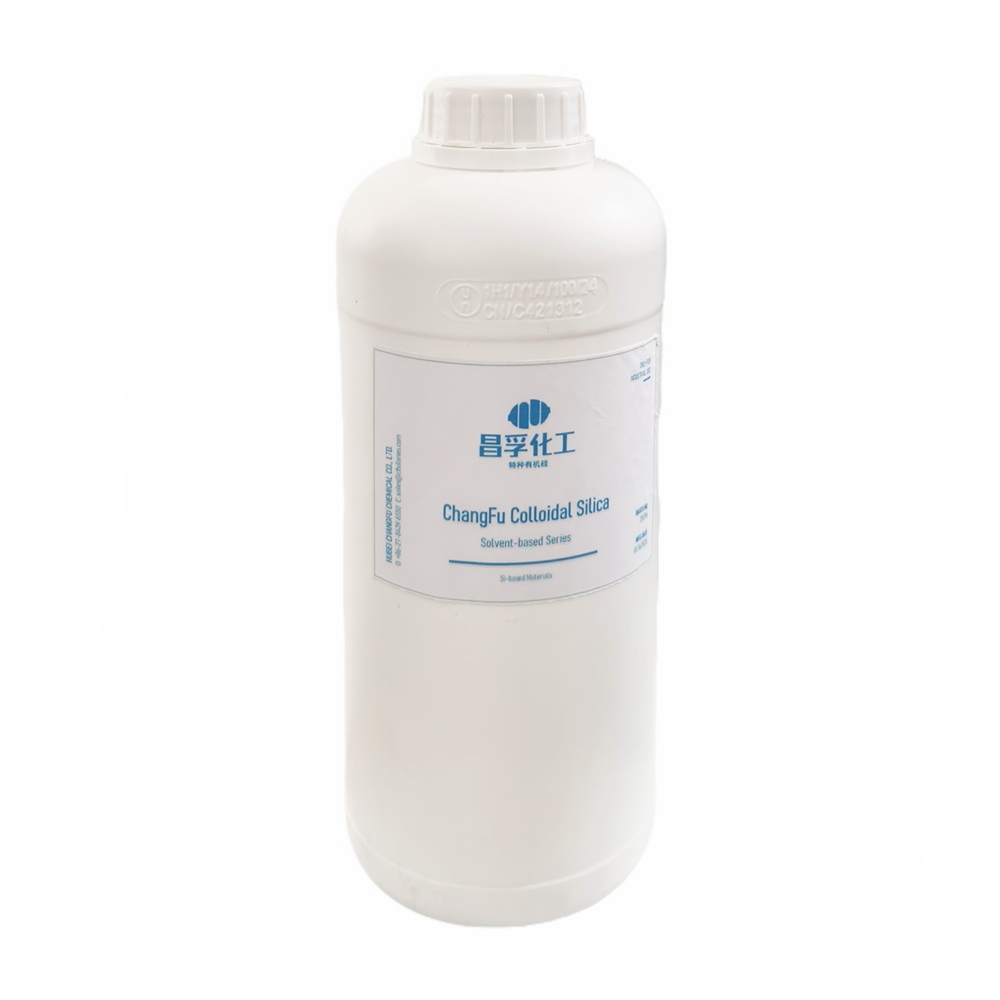


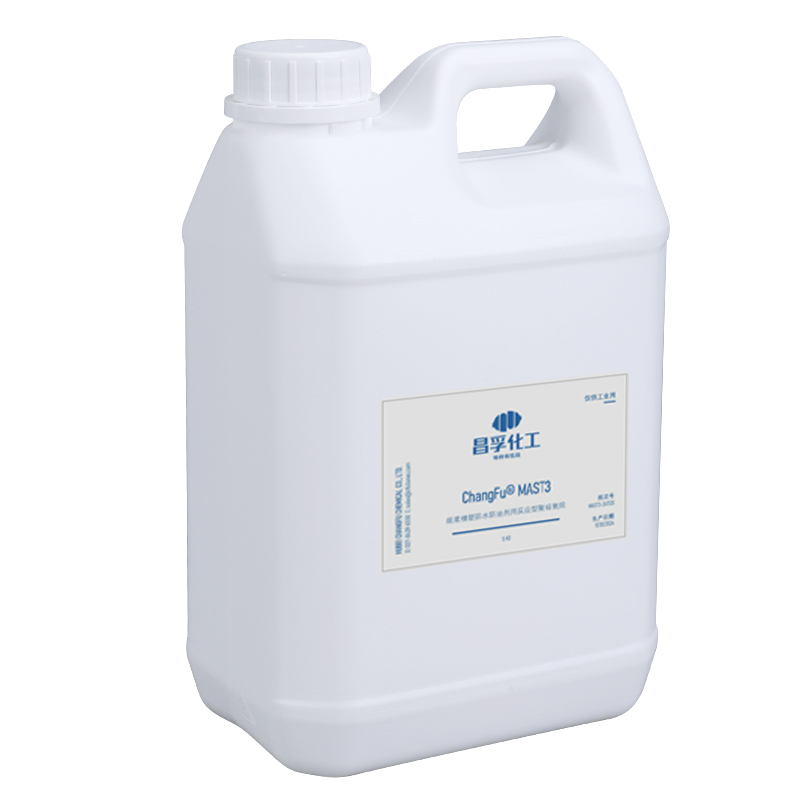





































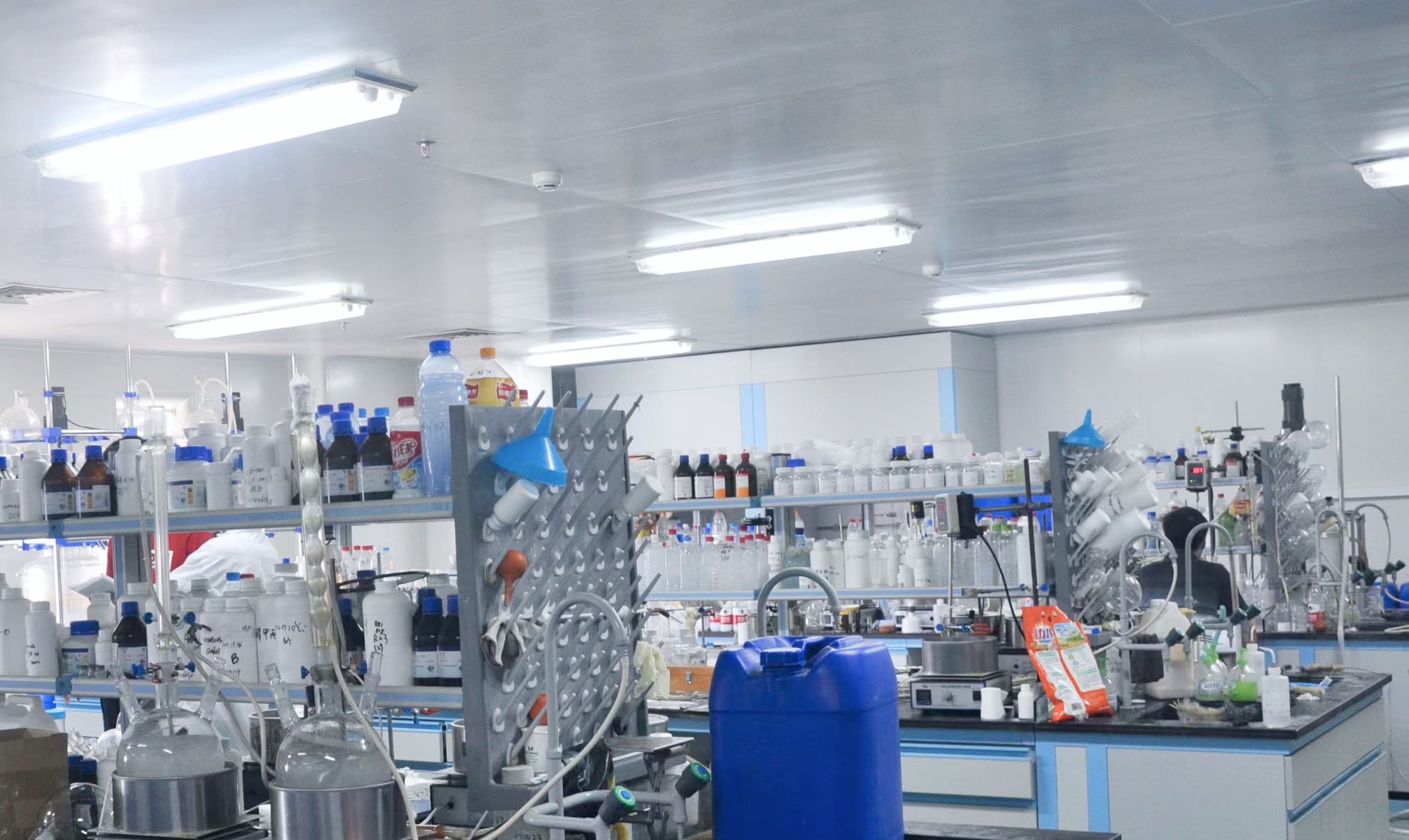

+86 27 8439 6550
+86 181 6277 0058
sales@cfsilanes.com
Optics Valley Bio-City
No. 666, Gaoxin Avenue
Hongshan District, Wuhan City

+86 27 8439 6550 | +86 181 6277 0058
sales@cfsilanes.com
Optics Valley Bio-City
No. 666, Gaoxin Avenue
Hongshan District, Wuhan City
Copyright © Hubei ChangFu Chemical Co., Ltd. All Rights



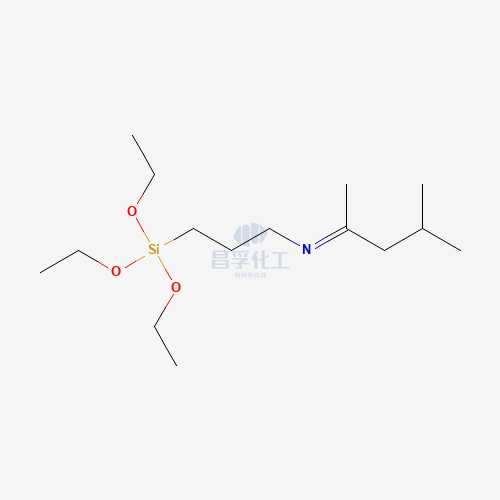
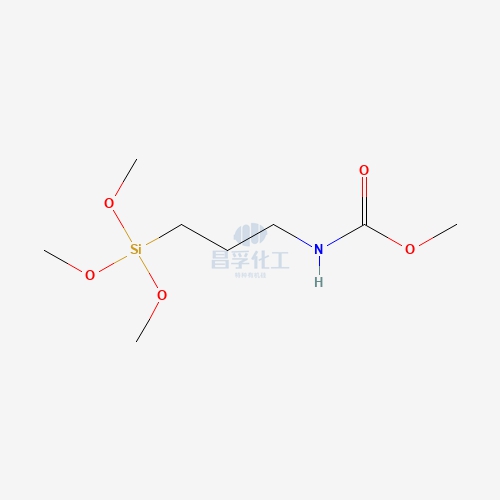
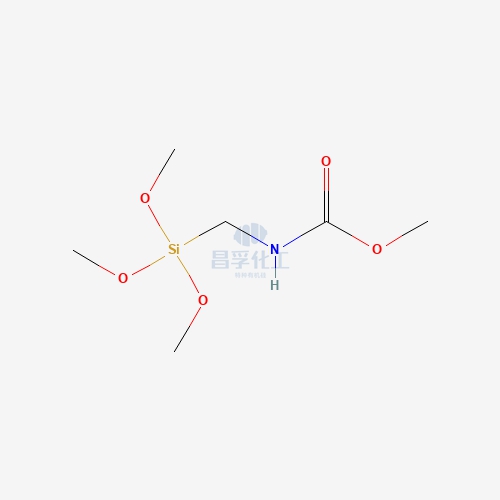
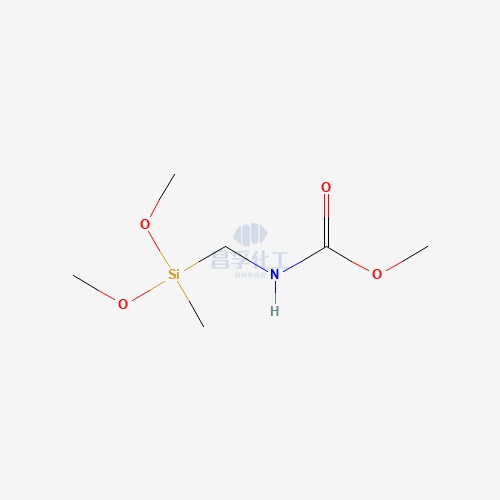
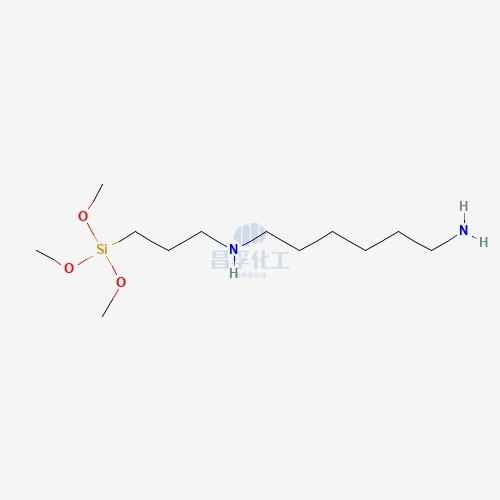
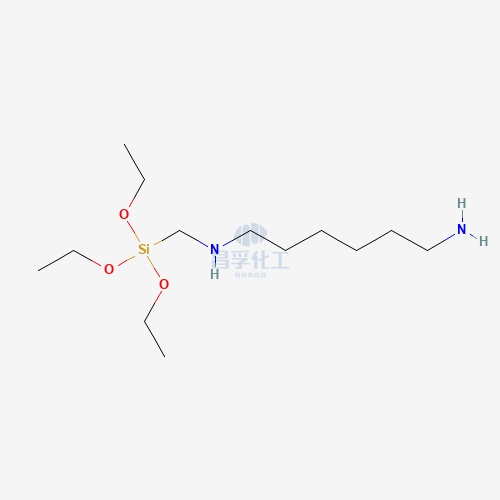
![N-[5-(Trimethoxysilylpropyl)-2-aza-1-oxopentyl]caprolactam CAS: 106996-32-1 106996 32 1 N-[5-(Trimethoxysilylpropyl)-2-aza-1-oxopentyl]caprolactam CAS: 106996-32-1 106996 32 1](https://cdn.yofishseo.com/1363882761272232/106996-32-1.jpg)
